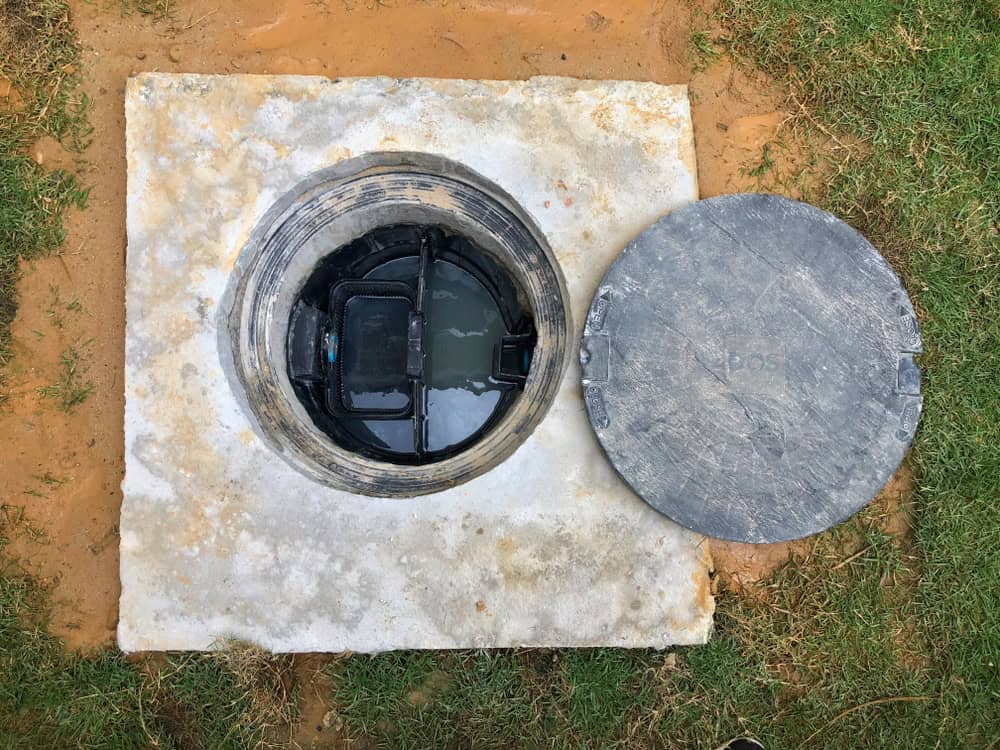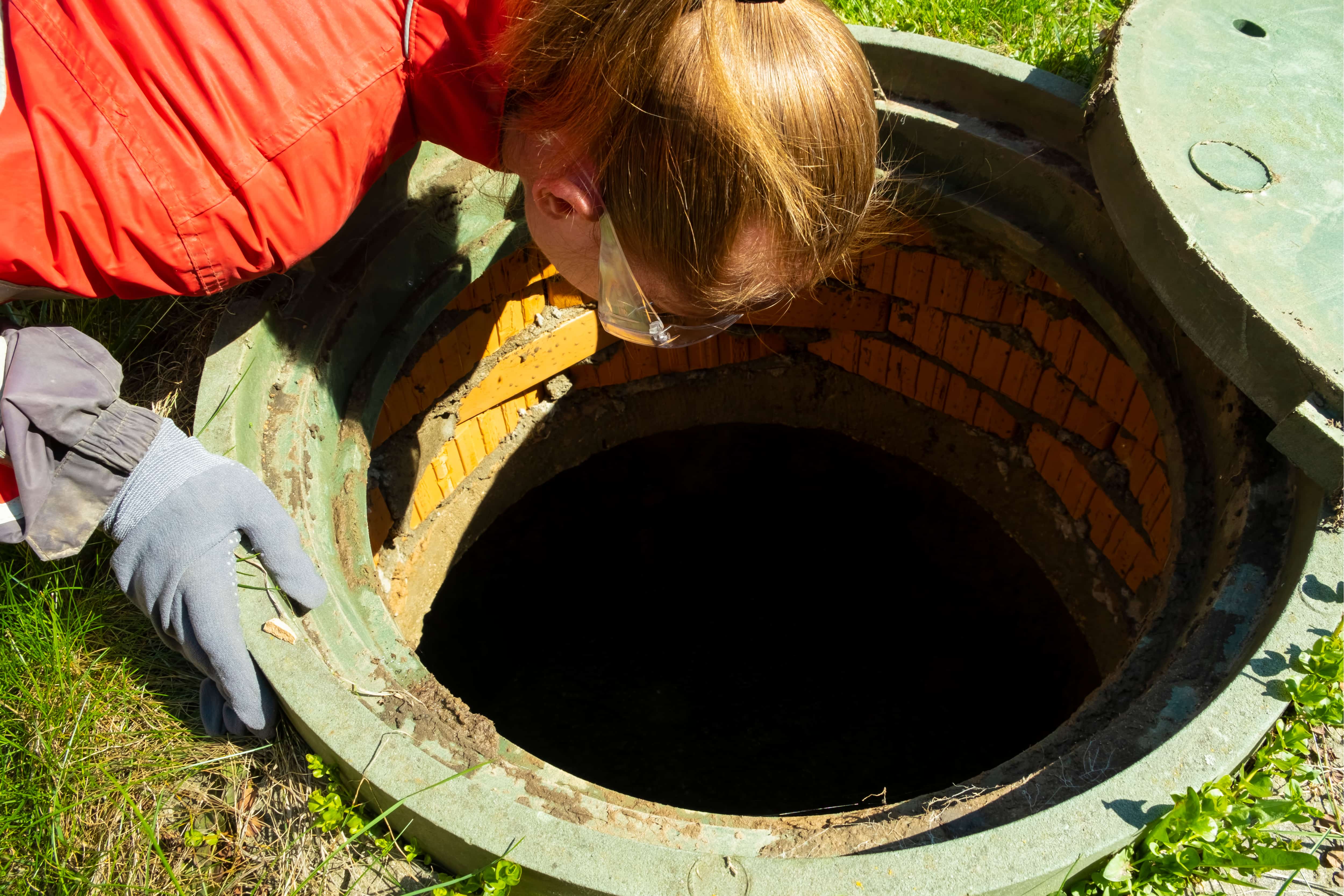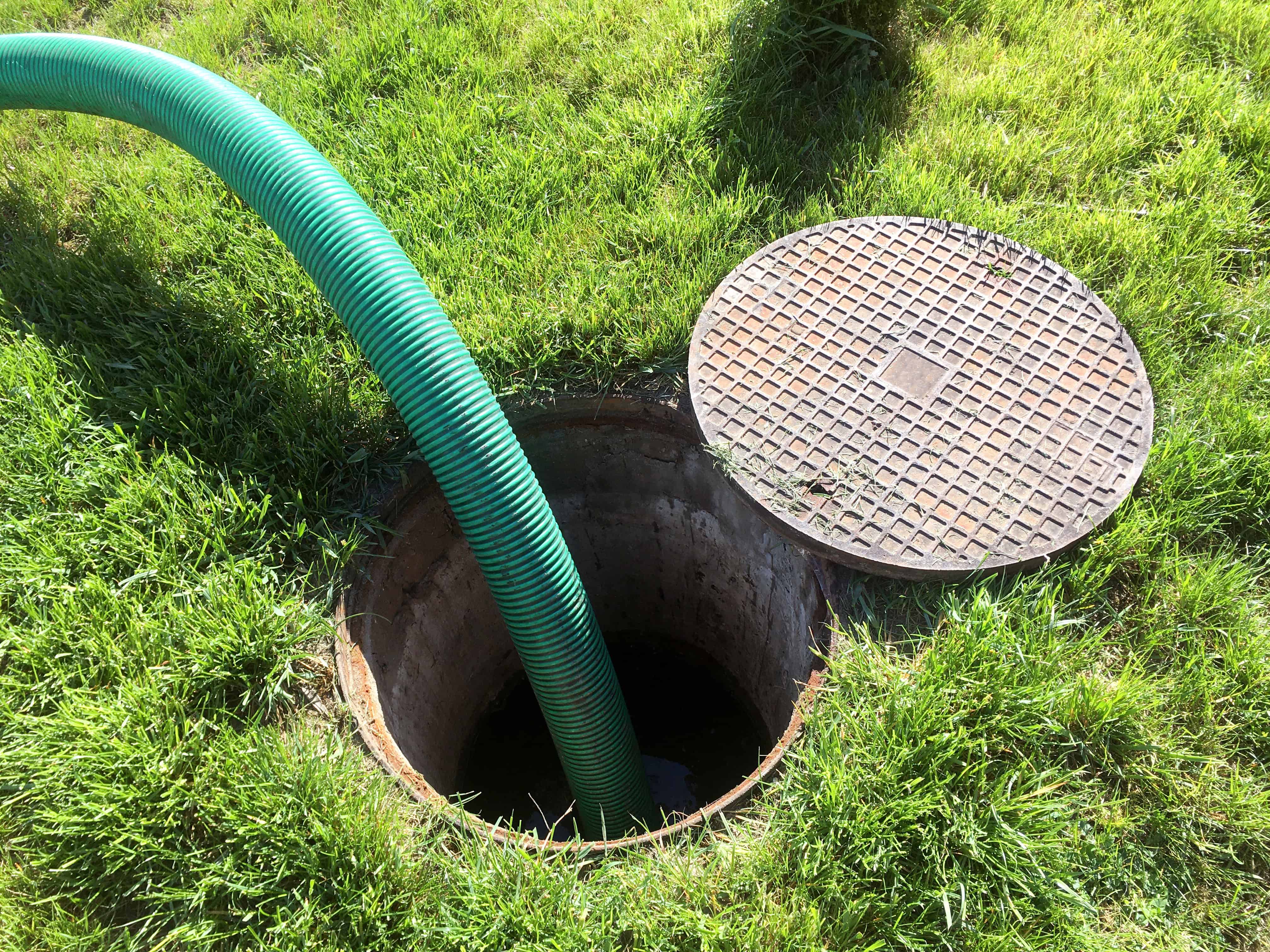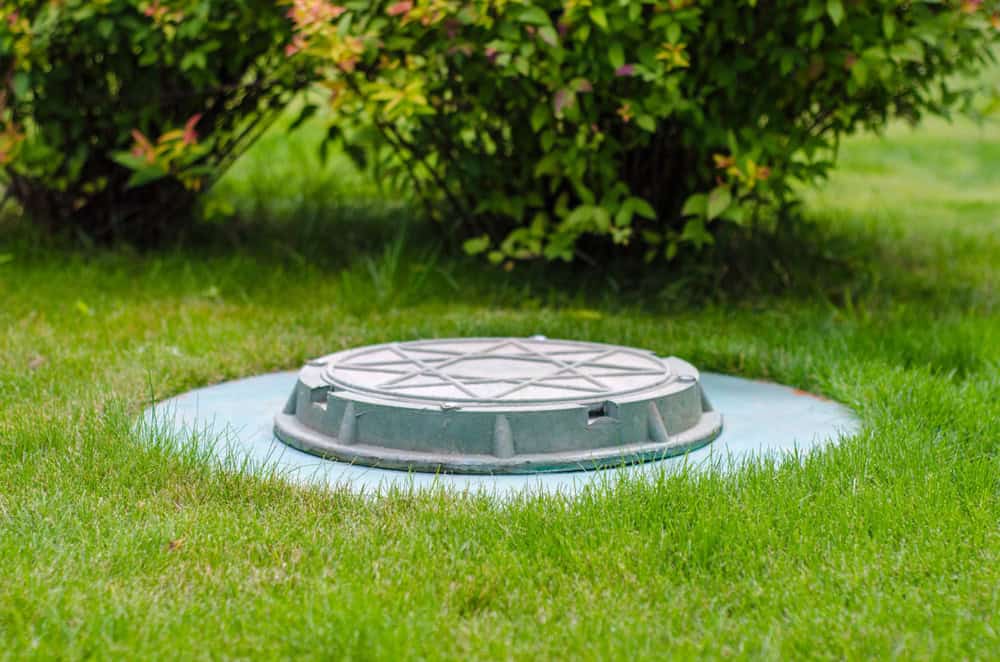Summary:
Why Long Island Septic Systems Need Specialized Care
Long Island isn’t like anywhere else when it comes to septic systems. Over 70% of Suffolk County residents rely on private septic systems – more than the entire state of New Jersey combined. The sandy soils that make our beaches beautiful create unique challenges for your wastewater system.
These sandy conditions allow waste to move through the soil faster, but they also mean your system faces different stresses than systems in other regions. Add Long Island’s fluctuating water table levels, especially during storm seasons, and you’ve got a recipe for system complications that generic maintenance approaches simply can’t address.
That’s why cookie-cutter septic service doesn’t work here. Your system needs care from professionals who understand how Long Island’s coastal environment affects septic performance and longevity.
How Long Island's Environment Affects Your Septic System
The same sandy soil that makes Long Island perfect for beaches creates specific challenges for your septic system. Unlike clay-heavy soils that slow water movement, sand allows effluent to move quickly through the drain field. While this might seem like an advantage, it actually means your system works harder to properly treat wastewater before it reaches groundwater.
Long Island’s high water table adds another layer of complexity. During heavy rains or storm seasons, the water table can rise dramatically, potentially flooding your drain field and preventing proper wastewater absorption. When your system can’t process waste effectively, you end up with backups, odors, and potential system failure.
The coastal environment also means your septic system plays a crucial role in protecting Long Island’s bays and harbors. Nitrogen pollution from failing septic systems contributes to toxic algae blooms and massive fish kills that devastate marine life. This environmental impact is why New York State now considers conventional septic systems and cesspools on Long Island as “failing” since they can’t remove significant amounts of nitrogen.
Professional septic maintenance isn’t just about your convenience – it’s about protecting the environment that makes Long Island special. Regular pumping and proper system care prevent nitrogen from seeping into groundwater and eventually reaching our waterways. When you maintain your system properly, you’re protecting both your investment and Long Island’s natural resources.
The True Cost of Septic System Failure in Long Island
Emergency septic repairs cost 3 to 4 times more than regular maintenance, but that’s just the beginning. A severely neglected cesspool that requires complete replacement can cost between $8,000 and $15,000, compared to routine pumping services that typically run $400 to $600.
The financial impact extends beyond the initial repair costs. When your system fails, you’re dealing with potential property damage, health hazards, and environmental cleanup requirements. Raw sewage backing up into your home can damage flooring, walls, and personal belongings. The cleanup and restoration process often involves specialized contractors and can take weeks to complete properly.
Long Island’s regulatory environment adds another financial consideration. Suffolk County now requires all new installations and major replacements to include nitrogen-reducing technology. While these systems cost $15,000 to $25,000 upfront, rebates up to $30,000 are available through county programs. However, emergency replacements rarely qualify for the full rebate amounts, and you’ll face additional permit fees and compliance costs.
The hidden costs of system failure include temporary housing if your home becomes uninhabitable, lost work time dealing with contractors and inspectors, and potential fines for environmental violations. Property values can also suffer if septic problems become known to neighbors or appear in public records.
Regular maintenance eliminates these risks entirely. A properly maintained septic system can last 20 to 30 years, while neglected systems often fail within 10 to 15 years. The math is simple: spending a few hundred dollars annually on maintenance saves thousands in replacement costs and protects your property’s value.
Essential Septic Maintenance for Long Island Homes
Proper septic maintenance goes far beyond occasional pumping. Your system needs regular professional attention to handle Long Island’s unique environmental challenges and meet increasingly strict regulatory requirements.
The foundation of good septic care starts with understanding your system’s specific needs. Tank size, household occupancy, and water usage patterns all influence how often your system requires service. Most Long Island homes need pumping every 1 to 3 years, but this varies significantly based on your family’s lifestyle and system design.
Professional maintenance includes comprehensive inspections that homeowners simply can’t perform safely or effectively. We examine scum and sludge layers, check for leaks, assess drain field condition, and ensure all components function properly together.
Warning Signs Your System Needs Immediate Attention
Your septic system communicates problems long before complete failure occurs, but you need to know what to look for. Slow-draining sinks, showers, or toilets often indicate your tank is approaching capacity or your drain field is becoming saturated. Don’t dismiss these early warnings as minor plumbing issues.
Unusual odors around your property, especially near the septic tank or drain field, signal that your system isn’t processing waste properly. These smells indicate that gases are escaping from the system instead of being properly vented, which means something in the treatment process has gone wrong.
Pooling water or persistently soggy spots in your yard, particularly over the drain field area, show that your system can’t absorb wastewater effectively. This might seem like a minor landscaping issue, but it actually indicates serious system problems that will only get worse without professional intervention.
Gurgling sounds from drains or toilets when water goes down suggest air displacement in your plumbing system. This happens when wastewater can’t flow freely through your septic system, creating pressure that forces air back up through your home’s plumbing.
Unusually lush, green grass over your septic system might look attractive, but it’s actually a warning sign. This growth pattern indicates that partially treated wastewater is fertilizing your lawn instead of being properly processed through the drain field. While plants love the nutrients, this situation means your system isn’t protecting groundwater as designed.
Professional Septic Services vs DIY Maintenance
Septic system maintenance requires specialized equipment, safety protocols, and disposal permits that homeowners cannot access. Professional pumping involves high-capacity vacuum trucks designed specifically for septic waste removal, along with safety equipment to protect workers from dangerous gases and contaminated materials.
Proper septic service goes beyond just emptying your tank. We measure waste levels, inspect tank integrity, examine inlet and outlet baffles, and assess the overall system health. We can identify developing problems before they become expensive emergencies and provide documentation required for county compliance and property transactions.
The disposal aspect alone requires professional handling. Septic waste must be transported to approved treatment facilities and processed according to strict environmental regulations. Attempting DIY septic maintenance isn’t just ineffective – it’s potentially illegal and dangerous.
Professional maintenance also includes system optimization recommendations. We can suggest improvements to extend your system’s life, enhance performance, and ensure compliance with evolving environmental standards. We understand how different household products affect bacterial action in your tank and can recommend practices that support healthy system operation.
Regular professional service creates a maintenance history that proves valuable during property sales, insurance claims, and regulatory inspections. This documentation demonstrates responsible ownership and can prevent delays or complications during real estate transactions.
Protecting Your Long Island Home with Professional Septic Care
Your septic system represents a significant investment that deserves professional protection. Regular maintenance prevents the expensive emergencies that can cost thousands and disrupt your family’s daily life. More importantly, proper septic care protects Long Island’s unique environment for future generations.
The choice is straightforward: invest in regular professional maintenance or risk catastrophic system failure with all its associated costs and complications. Long Island’s environmental challenges and regulatory requirements make professional septic service not just recommended, but essential for responsible homeowners.
Don’t wait for warning signs or emergency situations to address your septic system needs. We provide the local expertise and professional service your Long Island home deserves, ensuring your system operates efficiently while protecting both your property and our shared environment.




